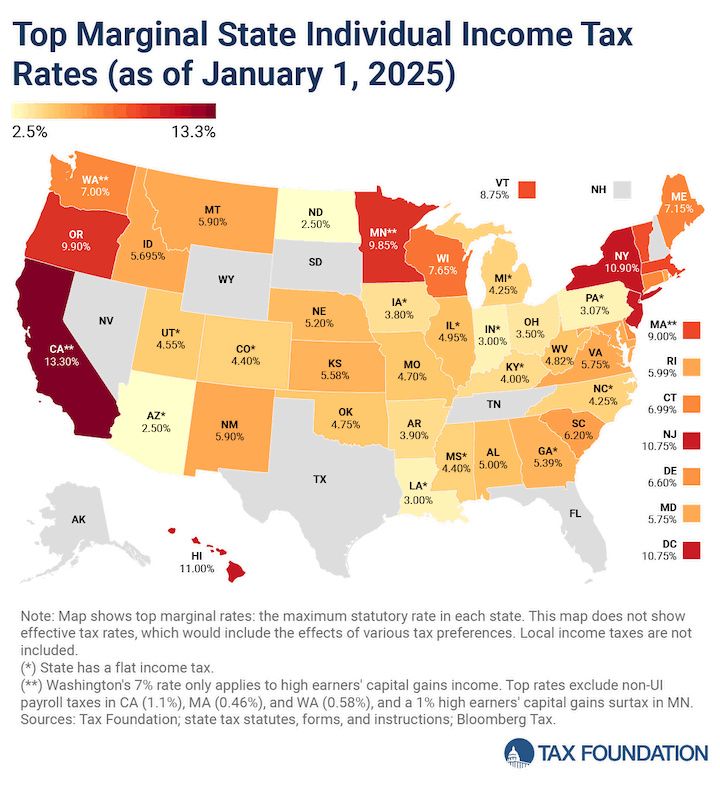Wyoming—often at the forefront of crypto innovation—has piloted its Wyoming Stablecoin (WYST) with help from blockchain firm Hashfire.
Hashfire’s platform was built to bring agreements and contracts on-chain. The goal of the WYST trial was to automate vendor agreement approvals and enable real-time payments—a process that would normally take 45 days.
According to Coindesk, Wyoming officials have indicated they could launch the stablecoin as soon as this month and plan to move forward with broader use cases for WYST later this quarter.
Not Jumping on the Bandwagon
There have been a slew of stablecoins announced in recent months, largely due to the imminent passage of the GENIUS Act, a landmark U.S. bill designed to establish a regulatory framework for stablecoins.
However, Wyoming is not merely jumping on the bandwagon. The state announced its plans to launch a stablecoin nearly a year ago.
“Wyoming has been the leading state in crypto acceptance, and it is attempting to maintain that lead,” Joel Hugentobler, Cryptocurrency Analyst at Javelin Strategy & Research, told PaymentsJournal. “Their stance on crypto is akin to that of Switzerland—they fully support it and they have passed roughly 30 laws to help push innovation while still protecting consumers.”
Making Crypto Advances
While Wyoming has been an early mover in the digital assets space, several other states and cities have made advances of their own. For example, New York State recently proposed a law that would allow residents to use bitcoin, ether, and other cryptocurrencies to pay fines, taxes, and penalties.
Both Colorado and Utah have accepted cryptocurrencies for tax payments for years, and Louisiana recently became the first state to accept crypto payments for all state services.
Additionally, Detroit will accept crypto for tax and fee payments—making it the largest U.S. city to do so.
Although these entities haven’t yet matched Wyoming’s progress, more government agencies are likely to explore digital assets. If the WYST trials are any indication, digital assets have the potential to transform often-onerous government payment process into a streamlined, real-time operation.
Disclaimer: This story is auto-aggregated by a computer program and has not been created or edited by finopulse.
Publisher: Source link








